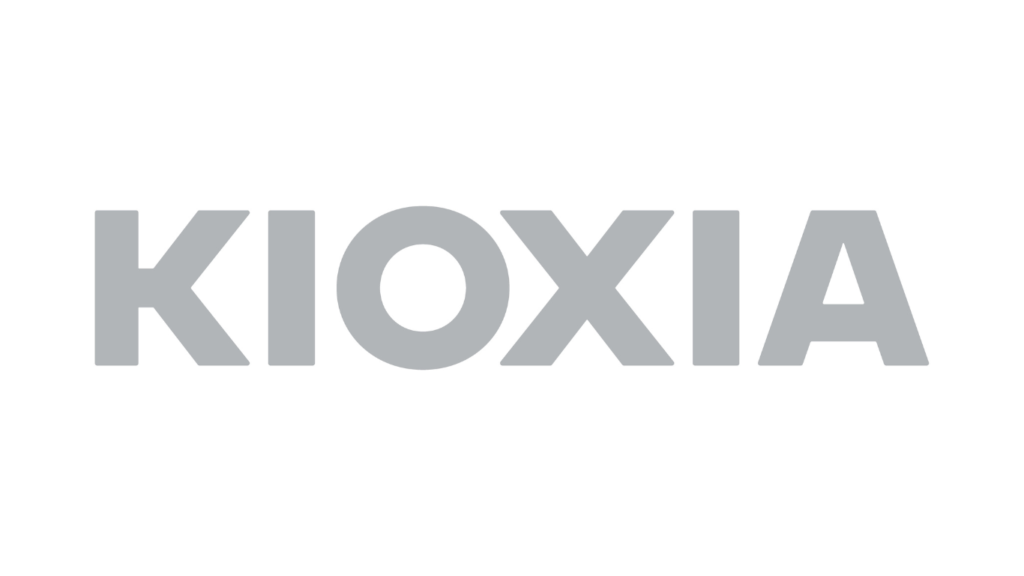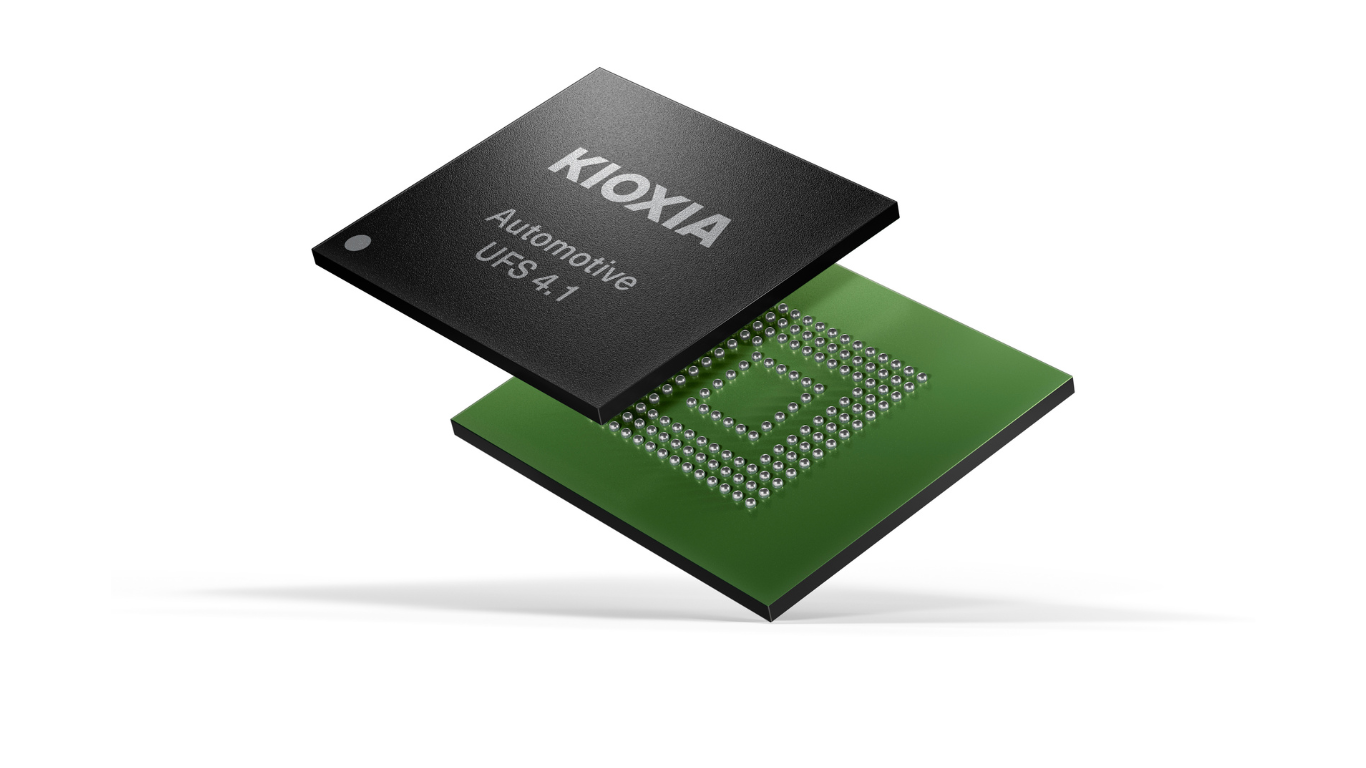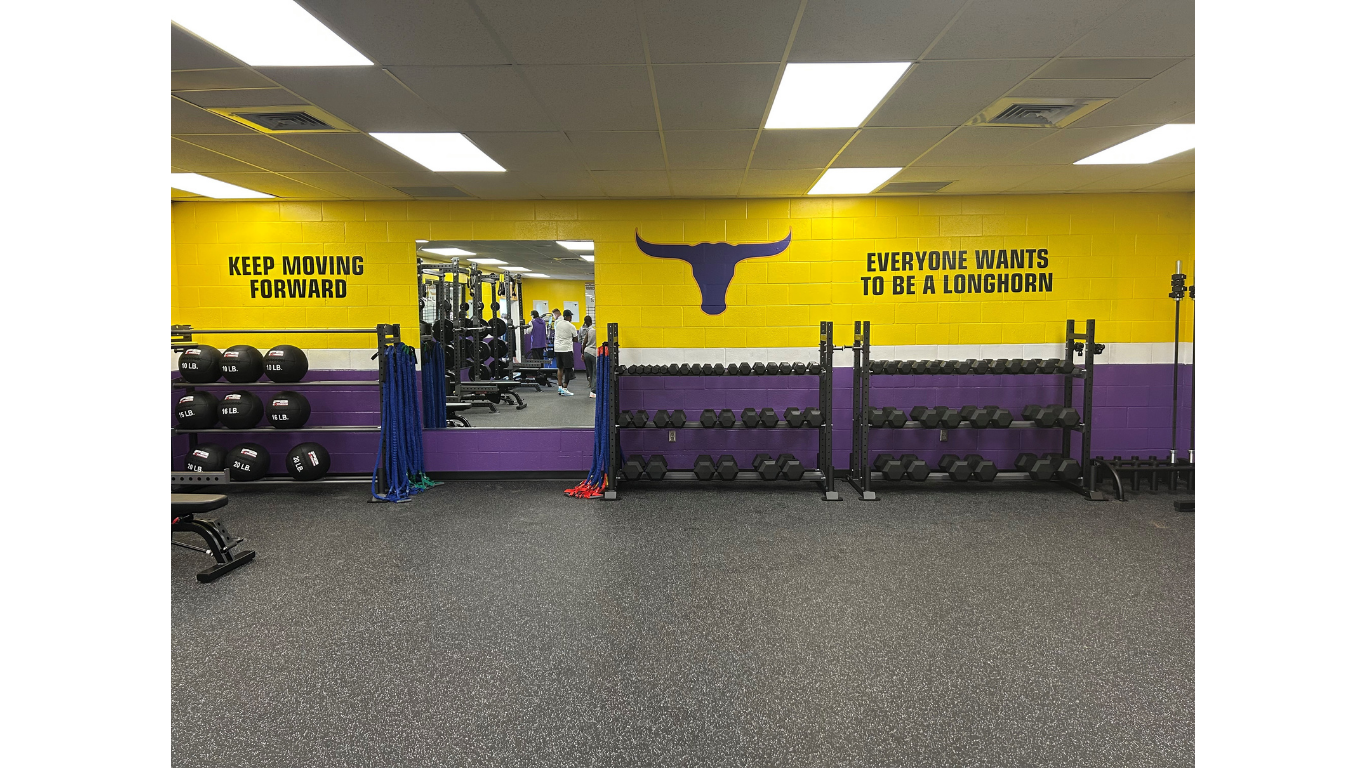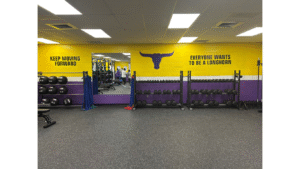Kioxia Corporation, one of the world leaders in memory solutions, on July 31, announced that it has begun sampling new Universal Flash Storage (UFS) Ver. 4.1 Embedded memory devices designed for automotive applications. Engineered to meet the rigorous demands of next-generation in-vehicle systems, these new devices deliver significant performance, flexibility, and diagnostic enhancements – powered by Kioxia’s generation 8 BiCS FLASH 3D flash memory and in-house designed controller technology.
Available in capacities of 128 gigabytes (GB), 256GB, 512GB and 1 terabyte (TB), the new UFS 4.1 devices are designed to fit the needs of infotainment, ADAS (Advanced Driving Assistant System), telematics, domain controllers, and vehicle computers. They meet AEC-Q100/104 Grade 2 standards, supporting case temperature up to 115°C.
Elevating the performance from Kioxia’s UFS 3.1 generation, the new UFS 4.1 (512GB) devices deliver:
- Approximately 2.1 times the sequential read performance
- Approximately 2.5 times the sequential write performance
- Approximately 2.1 times the random read performance
- Approximately 3.7 times the random write performance
These improvements provide a more responsive user experience in data-intensive automotive environments.

Key features include:
- Compliant with the UFS 4.1 Specification, which includes WriteBooster-related extensions such as WriteBooster Buffer Resizing and Pinned Partial Flush Mode, which provides better flexibility for optimal performance. UFS 4.1 is backwards compatible with UFS 4.0 and UFS 3.1.
- Enhanced Diagnostic Capabilities, including a newly added vendor-specific device health descriptor, simplifying device status monitoring and predictive maintenance.
- Uses generation 8 BiCS FLASH 3D flash memory.
UFS 4.1 devices from Kioxia integrate the company’s innovative BiCS FLASH 3D flash memory and a controller in a JEDEC-standard package. These new UFS devices are built with Kioxia’s generation 8 BiCS FLASH 3D flash memory. This generation introduces CBA (CMOS directly bonded to Array) technology—an architectural innovation that marks a step-change in flash memory design. By directly bonding the CMOS circuitry to the memory array, CBA technology enables major gains in power efficiency, performance, and density.
More related news:
Kioxia, AIO Core and Kyocera Launch PCIe 5.0-Compatible Broadband Optical SSD
Kioxia Expands 8th Gen BiCS FLASH SSD Line for AI and HPC-Driven Data Centres































